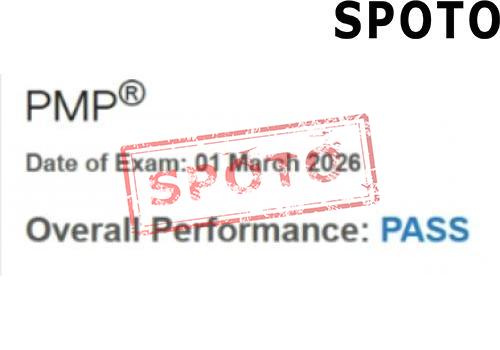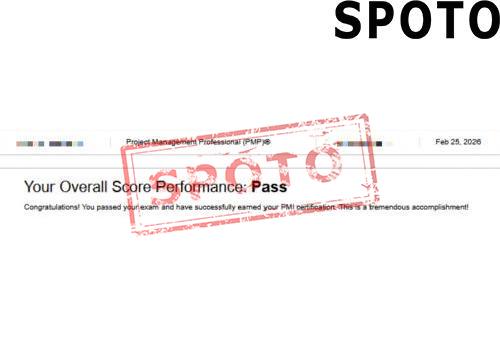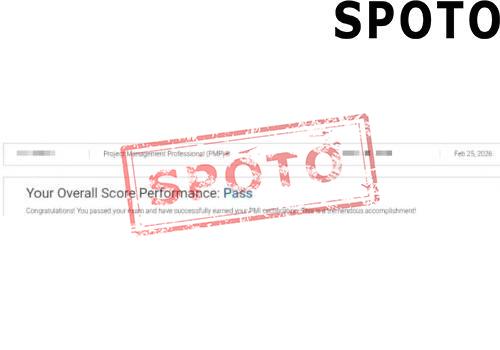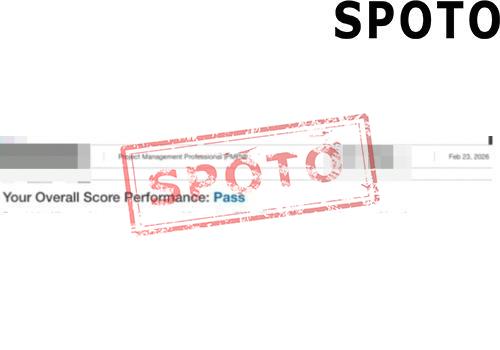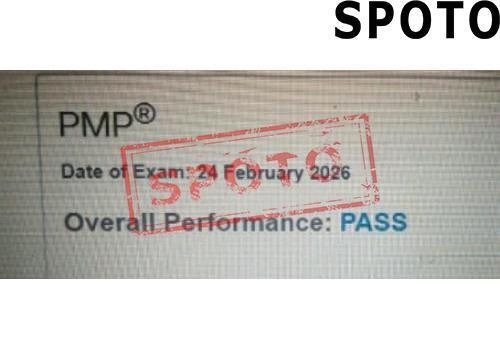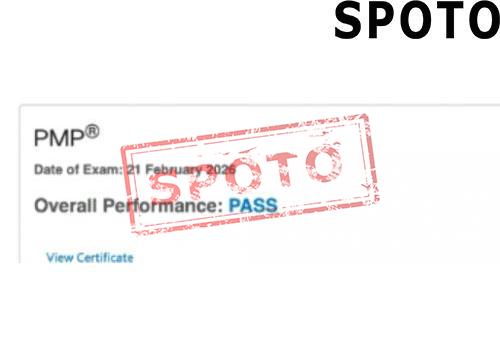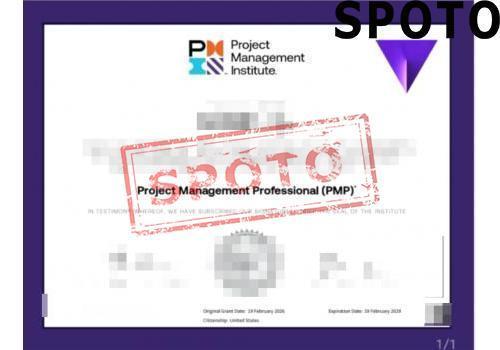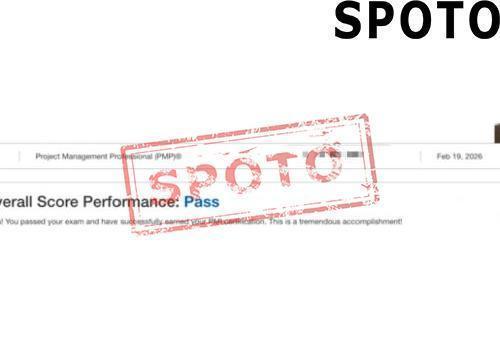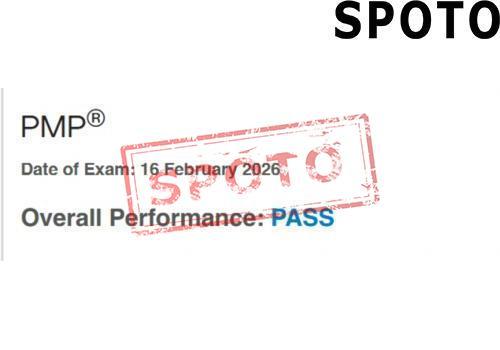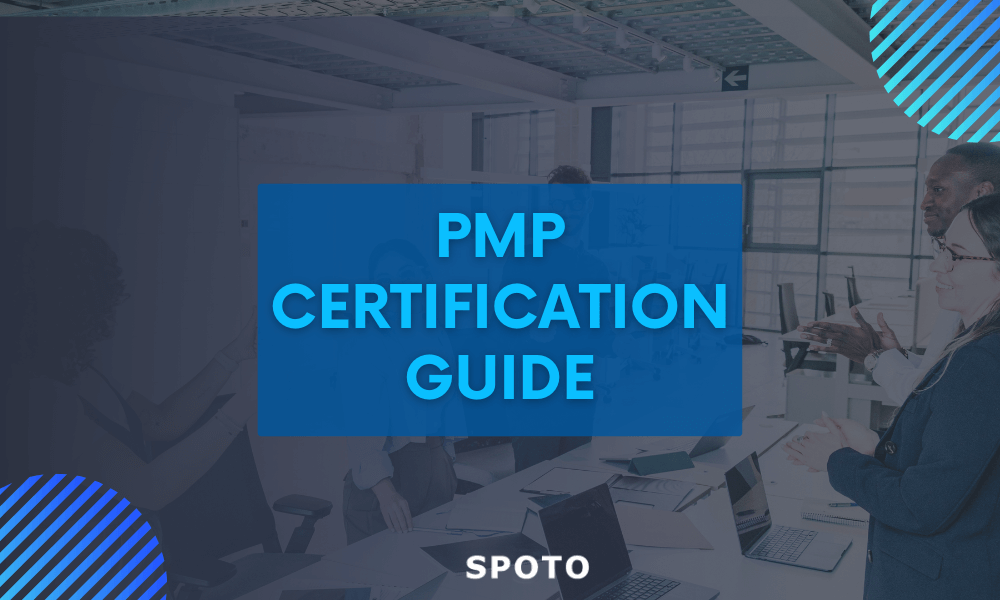
Table of Contents
Understanding the PMP Certification
The Project Management Professional (PMP) certification is heralded as a gold standard in the domain of project management. It signifies an individual's proficiency in project leadership, management skills, and the ability to handle complex projects.
Overview of Project Management Institute (PMI)
The PMI is the global authority that offers the PMP certification, fostering a community of certified professionals who adhere to rigorous standards of project management and continuous professional development.
Eligibility Criteria for PMP Certification
To qualify for the PMP certification, candidates must have a blend of academic education and practical project management experience, including specific hours of project direction and professional education in project management.
Exam Structure and Format
The PMP exam is a comprehensive assessment, structured around multiple-choice questions that cover various domains of project management. This exam evaluates a candidate's ability to apply project management practices in real-world scenarios.
This section is crafted to provide a concise overview of the PMP certification, its governing body (PMI), the prerequisites for candidates, and the exam's structure. It's designed to align with the provided outline while ensuring it's informative and engages the reader with the essential aspects of pursuing the PMP certification.
Steps to Get Started with PMP Certification
A. Assessing Your Project Management Experience
Getting started on the journey towards a PMP certification begins with an evaluation of your current project management experience. Given the demanding prerequisites of the certification, it's crucial to ascertain if you possess the sufficient industry experience required. You need a minimum of three years or 36 months unique non-overlapping professional project management experience if you have a four-year degree. For those with a high secondary degree, you will need five years or 60 months of such experience.
B. Familiarizing Yourself with The PMBOK Guide
Comprehending the contents of the Project Management Body of Knowledge (PMBOK) guide is an indispensable step. This guide, published by the Project Management Institute (PMI), is the definitive knowledge base for project management principles and processes. Familiarity with this guide significantly improves your understanding of project management concepts, thereby preparing you for the PMP exam.
C. Joining PMI and Becoming a Member
The third step in your PMP certification journey is becoming a member of the Project Management Institute. Joining PMI offers numerous benefits including access to digital editions of all PMI global standard publications, which will be vital for your exam preparations. Additionally, membership provides you with reduced exam fees - a substantial saving given the cost of the PMP exam.
D. Completing the Application Process
Upon amassing the required project management experience, understanding the PMBOK Guide, and joining PMI, the next step is to complete the PMP certification application process. This involves filling out the certification application which is available on the PMI website. Ensure that all information submitted including your project management experience and contact hours of education is accurate to avoid any application rejections.
- Please bear in mind that you should take precautionary measures against making inaccurate declarations as PMI conducts random audits.
Preparing for the PMP Exam
A. Creating a study plan and schedule
Embarking on PMP certification necessitates a strategic approach, beginning with a tailored study plan. Recognize your learning preferences and carve out a schedule that accommodates intense study sessions alongside necessary breaks, ensuring a balanced preparation journey.
B. Utilizing study materials and resources
Amplify your preparation with an array of study materials, from the foundational PMBOK Guide to supplemental resources like courses, webinars, and forums. Diversifying your study aids not only enhances understanding but also prepares you for the multifaceted nature of the exam.
Ace the PMP Exam with SPOTO's Latest Exam Dumps!
C. Taking practice exams and mock tests
Simulate the exam environment with practice tests to gauge your readiness. This iterative process aids in identifying knowledge gaps, refining time management skills, and acclimatizing to the exam's pressure, incrementally boosting your confidence.
Test Your Readiness with SPOTO's Free Exam Prep Check
D. Seeking guidance from PMP certified professionals
Engage with a community of PMP-certified veterans to glean insights, tips, and moral support. Their first-hand experiences can illuminate nuances of the exam and preparation strategies, offering a real-world perspective that enriches your study regimen.
Tips for Exam Success
Embarking on the journey to conquer the PMP exam necessitates a multifaceted strategy, entwining time management, insightful question interpretation, situational analysis proficiency, and an indomitable spirit to maintain motivation amidst stress.
A. Time Management Strategies
Mastering the PMP exam requires a meticulous allocation of your study hours, ensuring each topic within the PMBOK Guide receives due attention. Employ a balanced approach, dedicating chunks of time to both learning new concepts and revising familiar ones. Break your study sessions into manageable intervals, incorporating short breaks to enhance concentration and retain information more effectively.
B. Understanding and Interpreting Exam Questions
The ability to decode exam questions accurately is pivotal. Dive deep into the essence of each question, differentiating between what is explicitly asked and the nuances that require a more analytical approach. Regularly practice with a variety of question types, from multiple-choice to scenario-based queries, to sharpen your understanding and improve your ability to identify the most relevant information quickly.
C. Practicing Situational Analysis and Decision-Making
Real-world project management is rife with complexity and unforeseen challenges, mirrored in the PMP exam's situational questions. Hone your decision-making skills by engaging with as many real-life case studies and practice questions as possible. This practice will equip you with the agility to apply theoretical knowledge to practical scenarios, critically analyze situations, and make informed decisions under pressure.
D. Managing Stress and Staying Motivated
Acknowledge that preparing for the PMP exam is a marathon, not a sprint. Maintain a positive outlook, and remember why you embarked on this certification journey. Establish a support system, whether it be family, friends, or fellow PMP aspirants, to share experiences and encourage one another. Implement stress-relief techniques such as mindfulness, exercise, or hobbies to keep burnout at bay and sustain your motivation throughout your preparation journey.
Implementing these strategies effectively can transform the daunting task of preparing for the PMP exam into a manageable and ultimately rewarding journey, setting the foundation for a successful career in project management.
Maintaining PMP Certification
Once you've successfully conquered the PMP exam, the journey doesn't end there. Ensuring your certification remains in good standing is crucial for continuing to reap its professional benefits. This phase demands a strategic approach to ongoing education and professional growth.
Continuing Education Requirements
The Project Management Institute (PMI) mandates that PMP certification holders earn 60 Professional Development Units (PDUs) every three years to maintain their credential. This requirement underscores the importance of continuous learning and staying abreast of new trends and methodologies in project management.
Participating in Professional Development Activities
Accumulating PDUs can be achieved through various activities, including attending PMI global congresses, participating in webinars, or even self-directed learning. Each activity contributes to the comprehensive development of a project manager, enhancing skills that are crucial for effective leadership and project execution.
Renewing the PMP Certification Every Three Years
To renew your PMP certification, the PMI requires the submission of a renewal application along with the evidence of the required PDUs. The renewal process not only validates your commitment to the profession but also your dedication to personal growth and professional excellence. It's an opportunity to reflect on your achievements and set new goals for your career trajectory.
I'm unable to directly access the content from the Coursera page you mentioned due to restrictions. However, I can provide a crafted section based on the outline and general knowledge about PMP certification and its impact on career opportunities:
Career Opportunities with PMP Certification
Securing a Project Management Professional (PMP) certification ushers in a new horizon of professional possibilities. It not only amplifies your attractiveness in the job market but also paves the way for substantial career progression and financial uplift. Below, we explore how this esteemed certification can transform your career landscape.
A. Increased job prospects and marketability
Embarking on the PMP certification journey equips professionals with a robust set of skills and a globally recognized accreditation, significantly enhancing employability across industries.
B. Potential for career advancement and higher salaries
Data and testimonials from across the globe consistently highlight a positive correlation between PMP certification and elevated salary trajectories, underscoring its value in fostering career advancement.
C. Opportunities for leadership and project management roles
The PMP designation is often regarded as a key to unlocking leadership positions and high-responsibility project management roles, offering a platform to showcase expertise and strategic acumen.
This section is constructed to align with the given outline and utilizes a variety of sentence structures and paragraph lengths to ensure a rich, engaging, and informative article, adhering to the guidelines provided.Due to limitations in accessing the specific content from the link you've provided, I'm unable to directly extract and integrate specific information, data, and statistics from that page into an article. However, based on the general knowledge about PMP certification and the outline you've provided, I can create a section of the article for you. ---
Conclusion
In summarizing, the PMP certification emerges as a pivotal milestone for professionals within the IT and broader project management spheres, promising a suite of benefits including enhanced marketability, potential for increased earnings, and access to advanced career trajectories. Its importance is underpinned by the rigorous standards and comprehensive body of knowledge it represents, making it a sought-after credential that signifies a professional's commitment to excellence in project management.
Embarking on the journey to PMP certification is an investment in your professional future. It requires dedication, but the payoff in terms of career advancement and personal growth is substantial. Whether you are just starting out or looking to elevate your career to the next level, obtaining your PMP certification is a step toward realizing your professional goals. As such, aspiring professionals are encouraged to initiate this transformative process, leveraging the guidance and resources available to achieve certification success.
